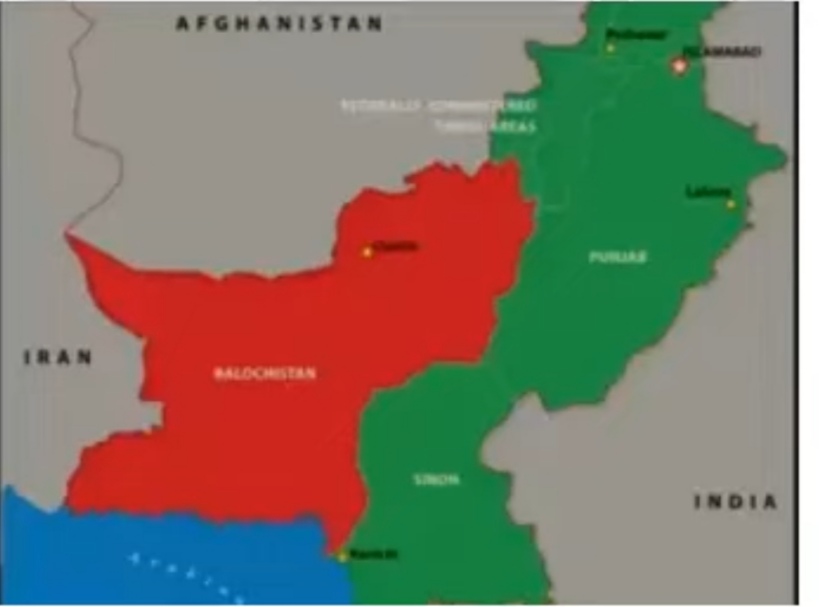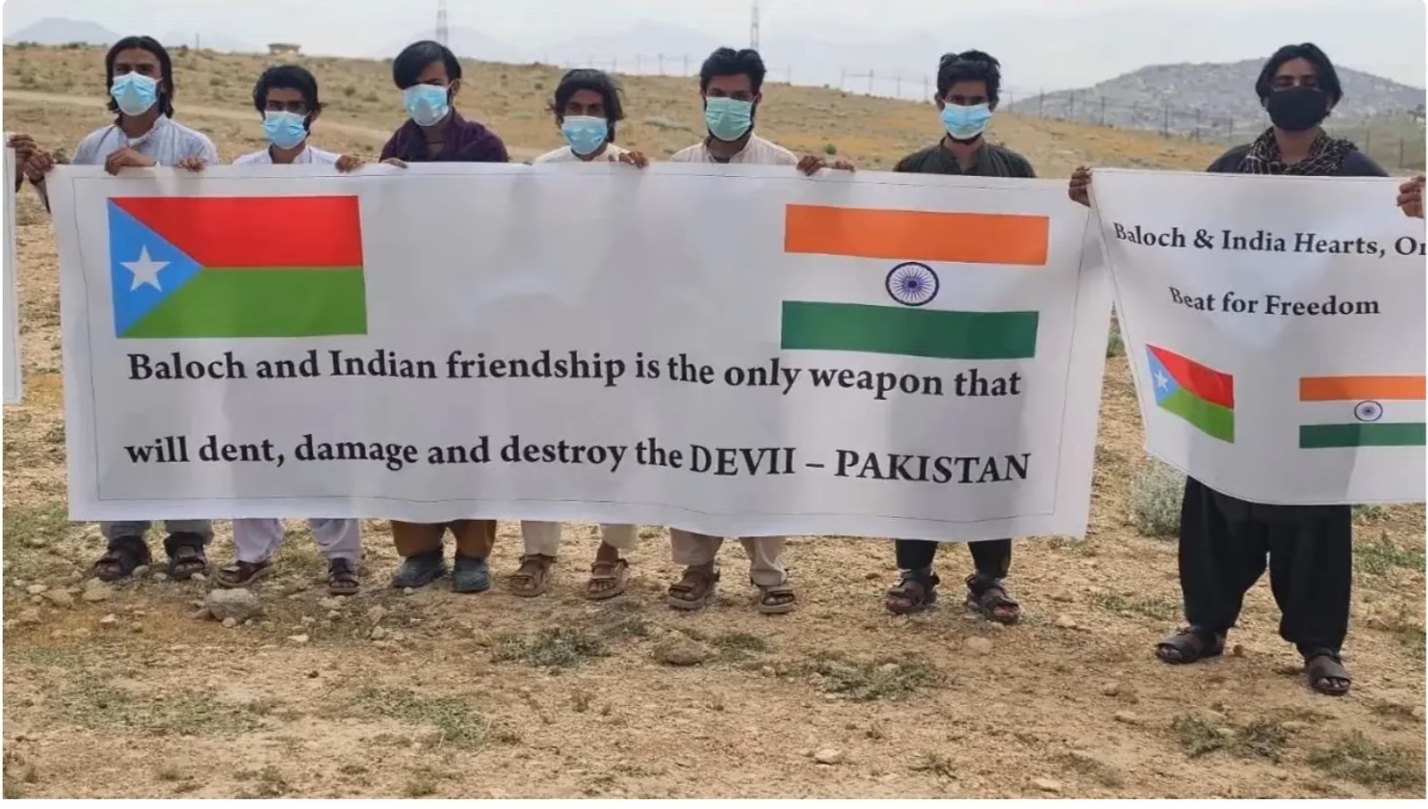The ongoing tensions between India and Pakistan have intensified with a major development: Baloch leaders have declared independence, announcing the formation of the Republic of Balochistan. This declaration has gone viral on social media, trending under hashtags like #FreeBalochistan and #BalochistanIndependence.
At the same time, diplomatic relations between India and Pakistan have worsened, with both countries reportedly expelling each other’s ambassadors. This hostile environment has brought global attention to Balochistan, a region long marred by unrest and human rights concerns.
Baloch leaders, many of whom live in exile, are now urging India to recognize their movement. They are appealing to the Indian government to open a Baloch representative office in New Delhi, similar to how India supported Bangladesh’s liberation in 1971. The comparison is being used to draw attention to Balochistan’s demands for freedom and international recognition.
India faces a strategic and diplomatic dilemma. On one hand, supporting Balochistan could align with its interests in countering China’s influence through the CPEC (China-Pakistan Economic Corridor), which runs through Balochistan. It could also strengthen India’s image as a defender of human rights, especially in the eyes of Western powers and allies like the U.S., EU, and Russia.
However, any official support could further strain India-Pakistan ties and potentially provoke a strong reaction from Islamabad. It may also conflict with India’s constitutional stance on non-interference in the internal affairs of other countries, especially considering separatist movements within India itself.
Experts suggest that India might choose a balanced approach—providing moral and diplomatic support to Balochistan’s cause at international forums, without directly recognizing its independence. This would allow India to highlight human rights violations while maintaining regional stability.
As the situation develops, India’s response will be crucial—not just for Balochistan, but for the broader geopolitical landscape of South Asia.
The situation between India and Pakistan is indeed complex, and Balochistan seems to be at the heart of it. It’s interesting how India is weighing its options between countering China’s influence and maintaining diplomatic stability with Pakistan. Supporting Balochistan could be a strategic move, but it’s risky given the potential backlash. Do you think India’s approach of moral and diplomatic support without direct intervention is the right move? It feels like a delicate balancing act, but will it be enough to address the human rights concerns in Balochistan? Also, how do you think this will impact India’s relationships with other global powers like the U.S. and Russia? It’s a fascinating yet tense scenario—what’s your take on the long-term implications for South Asia?